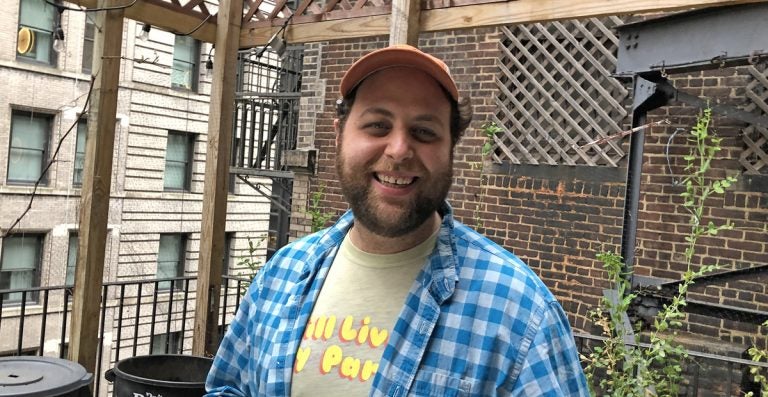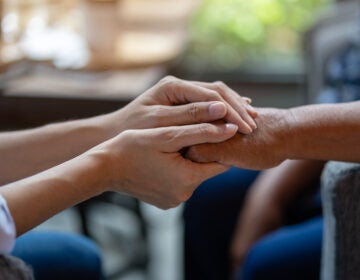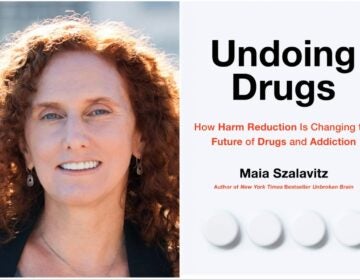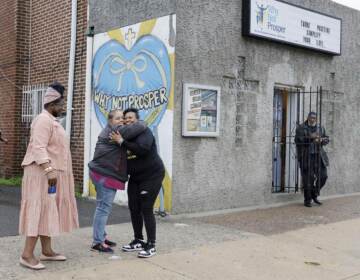Self-described pothead in recovery looks into the science and public policy around marijuana and addiction
He tried to quit weed on his own, and couldn’t
Listen 08:05
Nick Messitte tried to quit marijuana on his own, and found he couldn't. (Image courtesy of Nick Messitte)
When I quit weed, I had to quit the drum circle near my house in Brooklyn. For me, pot and drum circles just kind of go hand in hand.
Here’s the thing about this city: Weed is everywhere. I smell it all the time. Sometimes, it’s no big deal, and sometimes it’s triggering.
I’m an addict — a pothead addicted to weed. You might not take that seriously, but I’m gonna make the case that you should.
One day, I noticed I was paranoid all the time, rushing home every night after work to smoke alone. But when I tried to stop, I couldn’t.
Every time I thought about checking out a recovery program, I’d think of “Half Baked,” that cult stoner flick starring comedian Dave Chappelle. His character tries to quit smoking weed by going to a recovery meeting.
Spoiler alert: He gets booed — others at the meeting don’t think cannabis is serious enough to require recovery.
Hilarious movie. But the experts aren’t laughing.
I sat down with a public-policy researcher who says even experts have vastly underestimated what cannabis could do.
“It used to be 3 to 6% THC material that was called marijuana when I was in college — pretty tough to get addicted to,” said Mark Kleiman, director of the Crime and Justice Program at New York University’s Marron Institute of Urban Management.
“And so I think it was reasonable to conclude this is not a very dangerous drug. Certainly not that dangerous compared to alcohol. The drug has changed in the meantime.”
In my search to understand cannabis and addiction better, I reviewed my own experiences with J. Michael Bostwick, a Mayo Clinic addictions specialist. I told him how I started smoking earlier and earlier each day.
“Since it is psychoactive, I would say that you probably liked the way that it made you feel, and on one level, wanted to feel that way all the time,” said Bostwick, who is also a psychology professor. “But on the other level, you may have felt — I don’t know, you’ll have to speak to this — uncomfortable when you weren’t high, when you got up in the morning.”
I also talked to a scientist studying the brain and weed.
Susan Weiss, a psychologist and senior science adviser at the National Institute on Drug Abuse, took me through all the brain and body systems weed affects.
“If you do it repeatedly, then the system itself will start to downregulate, which means it starts to become less sensitive,” she said. “And so you’re affecting some of the normal physiological processes that this system is involved in and … that’s how addiction starts to develop.”
Even the guys pushing legalization — from that National Organization for the Reform of Marijuana Laws — told me we need to be more cautious.
“NORML is not here [to] make the case that cannabis is somehow harmless or innocuous, because it isn’t,” said Paul Armentano, deputy director of the pro-legalization group.
So how did I quit? By sharing, and by listening. I found a recovery group for people like me who had the same struggles with weed.
No one booed.
WHYY is your source for fact-based, in-depth journalism and information. As a nonprofit organization, we rely on financial support from readers like you. Please give today.






